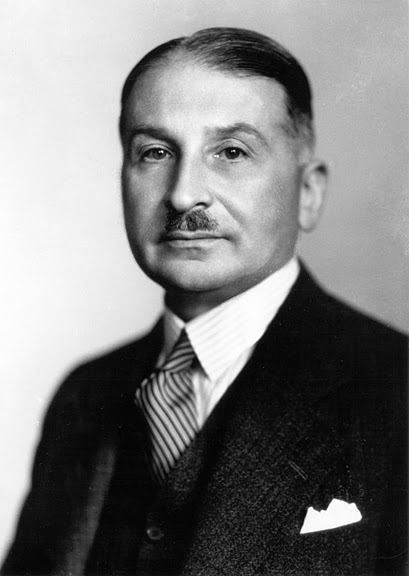Liberty Matters
Reading off the Page
 Although I suppose that I’m expected to reply to Larry’s remark concerning my comment on his essay, it is to Guido Hülsmann’s latest reply to Larry that I find myself tempted to respond. For in that reply Professor Hülsmann exhibits the tendency, all too common among 100-percent reserve types, to confuse Mises’ opinions with their own.
Although I suppose that I’m expected to reply to Larry’s remark concerning my comment on his essay, it is to Guido Hülsmann’s latest reply to Larry that I find myself tempted to respond. For in that reply Professor Hülsmann exhibits the tendency, all too common among 100-percent reserve types, to confuse Mises’ opinions with their own. For example, Hülsmann points out that Mises thought the gold exchange standard “pointless because it did not effectively rein in monetary intervention.” He then states that the only other options were “to go the full way to fiduciary media or to return to the actual use of coins in daily exchanges” and that Mises “clearly opted for the latter alternative.” Finally, he says that “this means” that, despite its capacity to limit gold production, fractional reserve banking was not, in Mises’s opinion, beneficial. If you cannot spot the non sequitur lurking in this chain of reasoning, then perhaps you have never heard of the classical gold standard -- an arrangement in which both actual gold coins and fractionally backed bank deposits and notes serves as exchange media. I do not doubt, however, that Professor Hülsmann has heard of it. So why does he overlook it in interpreting Mises? Could it be that he is tempted to do so because he must do so in order to portray Mises as having opposed fractional reserves?
By the way, Adam Smith, who believed no less than Mises did that “Everybody must be used to having gold coins in his pockets,” and whose well-known opinion on this matter almost certainly informed Mises’s stand, also wrote eloquently of the resource-cost savings to be had from fractional reserve banking. If in insisting on a gold-coin standard Adam Smith also meant to condemn fractional reserve banking, he has yet to be properly understood by anyone.
Further on in his reply, Hülsmann refers to Mises’s claim that if banks manage to “agree on common procedures” (meaning that they arrange to expand credit in unison), “the production of fiduciary media is in principle unlimited” (my emphasis). Next he brandishes Mises’s claim that “all credit-issuing banks endeavor to extend their circulation of fiduciary media as much as possible” (my emphasis again), which he proceeds to reiterate: “banks try to issue as many fiduciary media as possible” (ditto), this being their “perennial motivation.” Finally, he concludes, once again without clear warrant, that Mises did not think it unlikely that banks could succeed in expanding credit in unison, particularly by lobbying either for the establishment of a central bank or for “full cartelization” of the banking industry, and that Mises therefore regarded free fractional reserve banking as a second-best alternative, if that, to its outright prohibition.
All of which is, or ought to be, deeply unsatisfying to anyone conversant with the general thrust of economics, and of the theory of competition especially, since Adam Smith. Of course businessmen covet monopoly power; of course they’d like to be members of a cartel, if only they could hold one together; of course they may try to get the government to cater to their desires. The question is, what should economists to do about it? Should they conclude that competition is a bad thing, or a distant “second best” thing? Should they plead for banning any industry that might harm the public if the government makes either a monopoly or a cartel of it, instead of pleading for the government to stay out of it? I’m pretty sure that Hülsmann, asked to answer this question with reference to any industry other than banking, would offer the conventional answer. He is, in any case, entitled to be as inconsistent as he likes. But if he wishes to attribute the same inconsistency to Mises, he is a long way from making his case.
Copyright and Fair Use Statement
“Liberty Matters” is the copyright of Liberty Fund, Inc. This material is put on line to further the educational goals of Liberty Fund, Inc. These essays and responses may be quoted and otherwise used under “fair use” provisions for educational and academic purposes. To reprint these essays in course booklets requires the prior permission of Liberty Fund, Inc. Please contact oll@libertyfund.org if you have any questions.